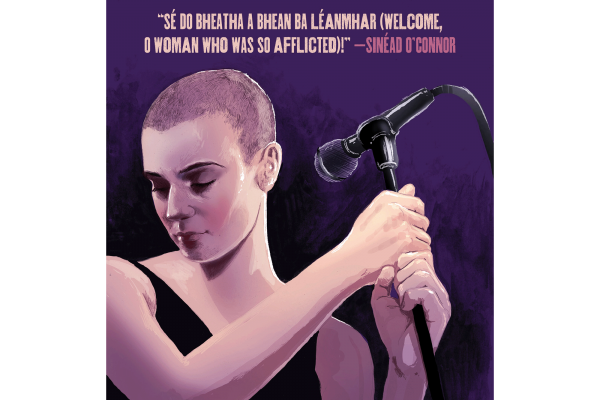I’m a native Carolinian, born in the Lowcountry of South Carolina in Mount Pleasant. Like my maternal great grandmothers, I’ve witnessed the earth’s beauty firsthand: the majestic sunsets, family gatherings in the humid summers, and true quaint and quiet community. But plantations are not and never have been part of this beauty. South Carolina, like many Southern states, holds a riddled history of racism and black enslavement at the hands of white plantation owners.
With picturesque homes and landscapes, plantations promote a false message of comfort and simplicity. But the people who worked the grounds, managed the home, and fostered their families enjoyed none of the supposed serenity. These places of enslavement and terror have become monuments of fascination, telling the storied heritage of white Southern families. Now these troubled lands are epicenters of white joy.
The fascination with plantation weddings is nothing new. Countless movies, sitcoms, and series have utilized these places as “dream destinations” for their characters. Even Forrest Gump featured two South Carolina plantations: Bluff and Plum Hill. These plantations played pivotal roles in the film as the home of The Gump boarding house and the setting for the famous “run, Forrest, run” scene.
The terror associated with these plantations also seems to be a non-factor for couples who have rented out these locations, including celebrities Ryan Reynolds and Blake Lively who wed at Boone Hall Plantation in South Carolina. White apathy is the preserving ointment that enables these couples to gloss over the atrocities formerly committed at these sites. But as of early December, Pinterest and the Knot began changing their policies to weed out wedding content that romanticizes slave plantations.
In an interview with Buzzfeed News, one bride who hosted her wedding at Boone Hall tried to justify her choice of venue: “Because of the world we live in now, it’s all about race and everyone wants to put everyone in a different category,” she said. “I think it’s a shame because everyone’s so accepting, and social media is dividing people because people get so offended by everything.”
It’s dishonest to say social media alone is dividing people. In reality, the division spreads when those of privilege disregard the plight of minorities and the truth of our ancestors. Utilizing the land of our foremothers and fathers for your jubilance doesn’t erase the anguish they endured on the same lands. We must elevate the dark history of plantations above their physical beauty. Because I can’t imagine a German couple choosing Auschwitz — a place whose name immediately brings torture and genocide to mind — as a wedding venue.
If you drive around the Southeast and East Coast, you will encounter numerous shopping outlets, newly erected neighborhoods, and office plazas borrowing plantation home facades, old South landscaping, and naming (I.e. Cooper Plantation or Plantation Downs). This is an obvious disregard of the black Americans who shop or work at these locations.
The United States must stop mentally separating its physical beauty from its history of torture and terror. My maternal grandmothers don’t have the luxury of forgetting. These women were born in 1930 and 1936, just a generation and a half out of slavery, making the truth of these places all the more real.
I’m proud to be a native South Carolinian and current resident of the South. However, it pains me to see others frequent the lands of my ancestors in ignorant, matrimonial bliss. My ancestors resided in places such as Cherokee Plantation and McCutchen Plantation, not basking in the glow of the sunsets, serenity of the greenery, or abundance of nature’s beauty, but bound to the whip of the master, the chains of slavery, and labor that resulted in the South’s survival.
Got something to say about what you're reading? We value your feedback!







